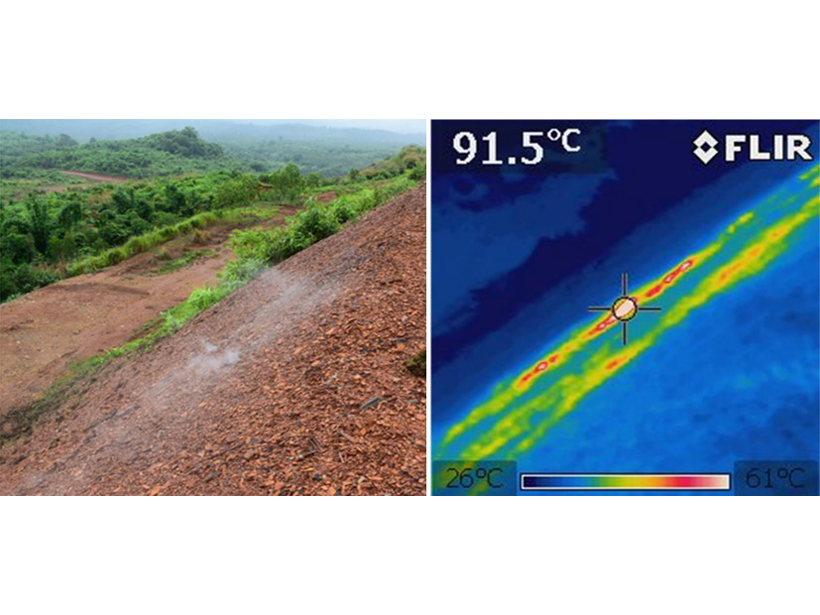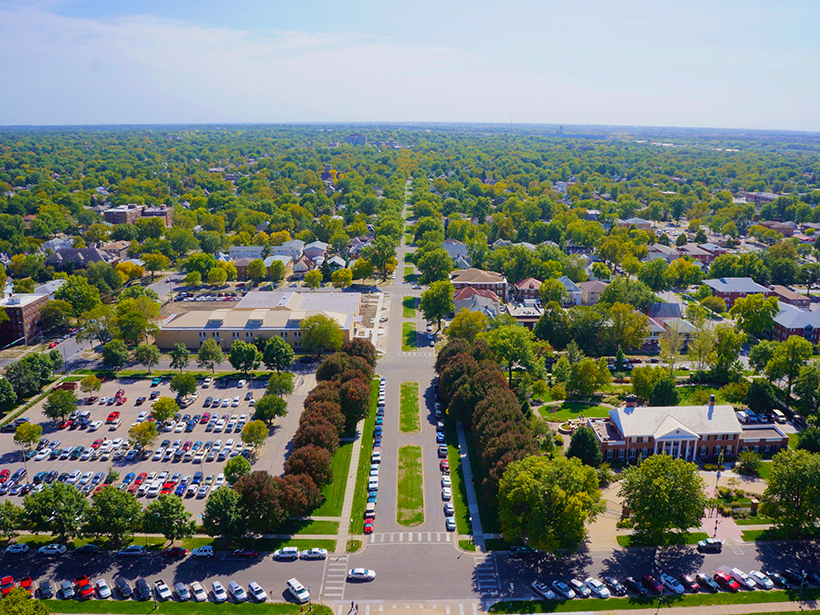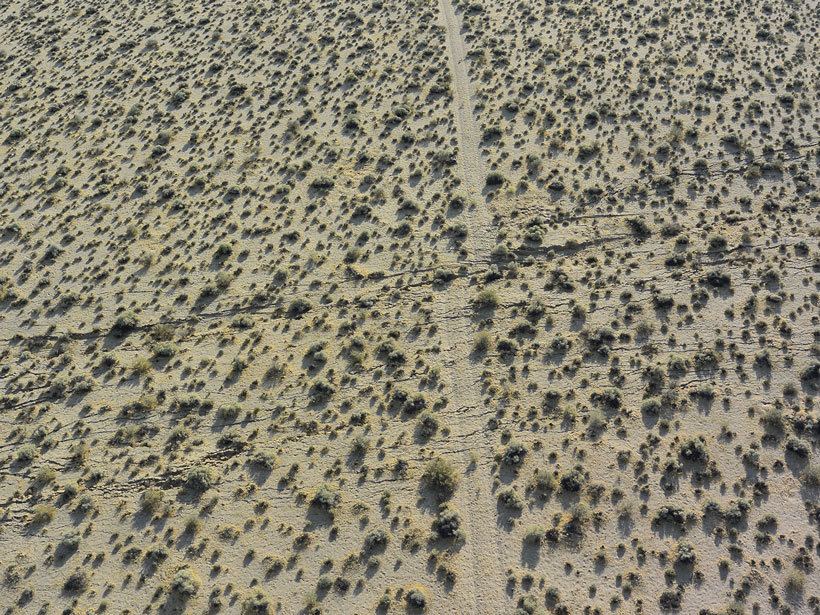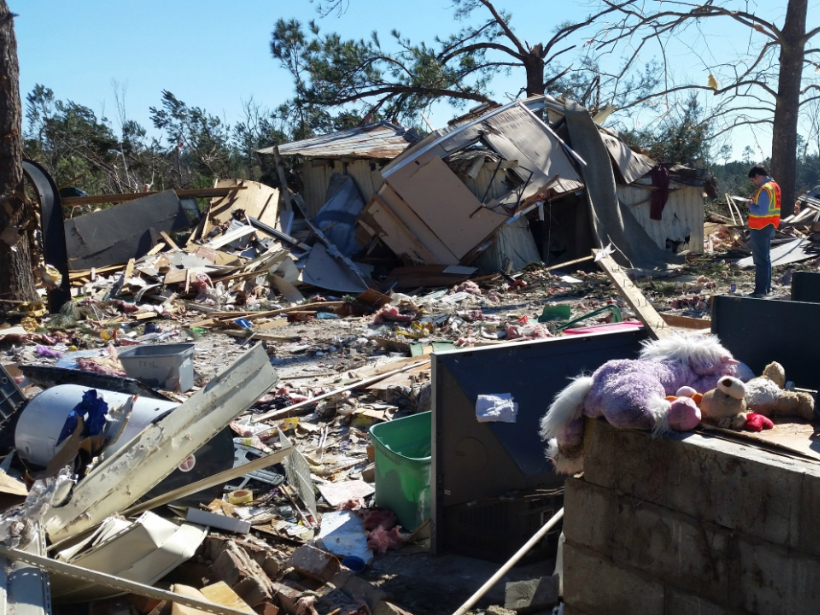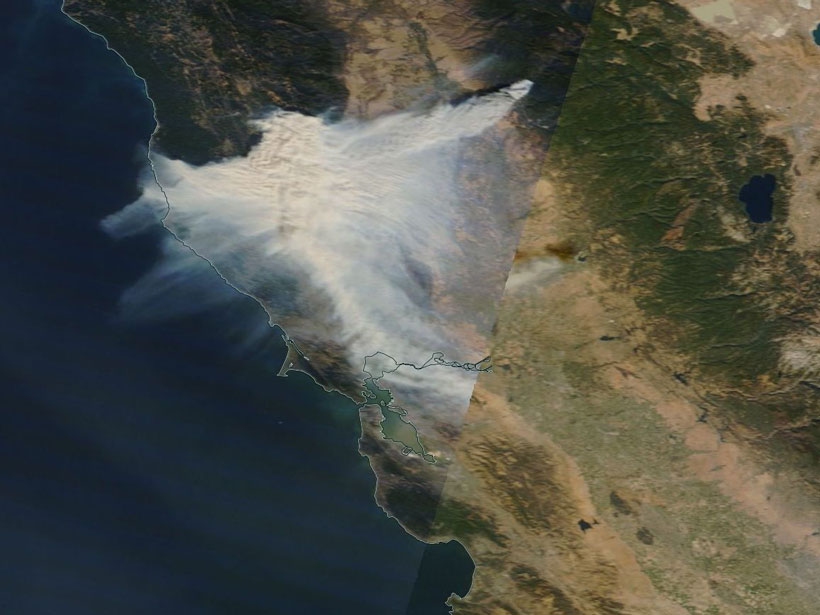A community-based citizen science study on spontaneously combusting coal-mine waste heaps in Myanmar underpins the development of risk management plans to protect individuals and communities.
disaster management
Heavy Rains, Human Activity, and Rising Waters at Lake Victoria
Water levels in Africa’s largest lake have risen over a meter since last fall and continue to increase as land use changes and heavy rains enhance the flow.
Geoscientists Help Map the Pandemic
Data visualization and mapping are valuable tools in the fight against COVID-19. Geoscientists can help healthcare workers and shape public policy.
Leveraging Satellite Sensors for Oil Spill Detection
By using multiple remote sensors, scientists can quickly estimate the nature and thickness of oil spills—important factors for containment efforts.
Scientists Scramble to Collect Data After Ridgecrest Earthquakes
Ground shaking in Southern California, including a magnitude 7.1 temblor, triggered a massive mobilization effort to collect seismological, geological, and geodetic data.
Society’s High Stakes Game of Chance Against Nature
We can better understand the risks of natural hazards and develop more effective mitigation strategies when geoscience and social science perspectives are combined.
Investing in Science to Improve Climate Risk Management
Integrating Earth science research and observations into adaptation planning helps identify effective strategies to manage climate risks.
Modeling Tsunamis with Social Media
Video footage gathered from social media is used to reconstruct the timing and likely source(s) of the tsunami generated by the 2018 Palu earthquake.
Tornado Warnings Don’t Adequately Prepare Mobile Home Residents
A survey of the southeastern United States shows that nearly half of mobile home residents don’t know where to shelter during a tornado, and many aren’t getting the resources they need to survive one.
New Eyes on Wildfires
Onboard machine learning and compact thermal imaging could turn satellites into real-time fire management tools to help officials on the ground.

